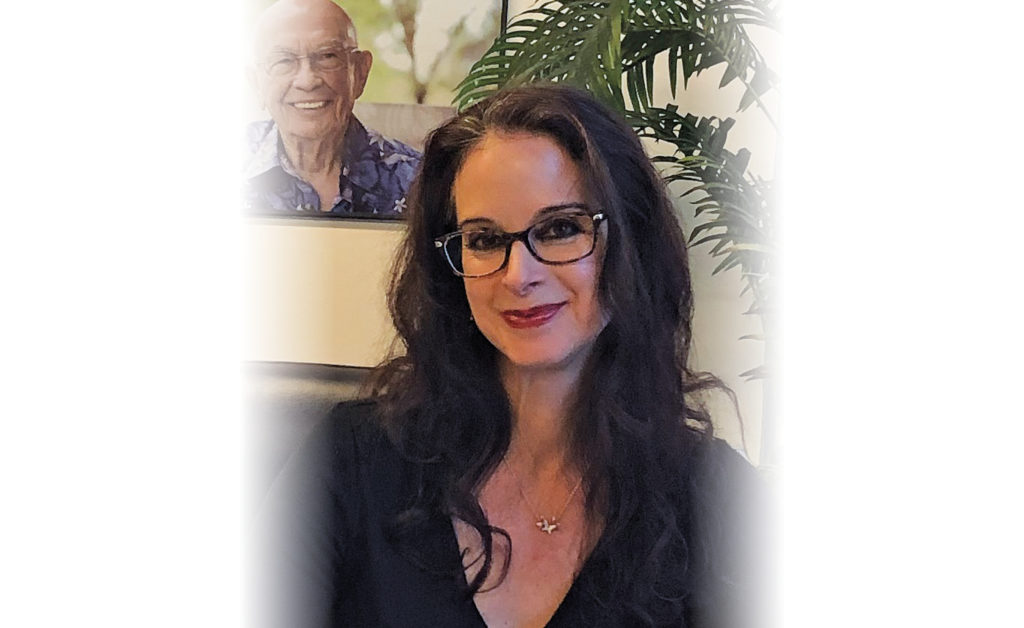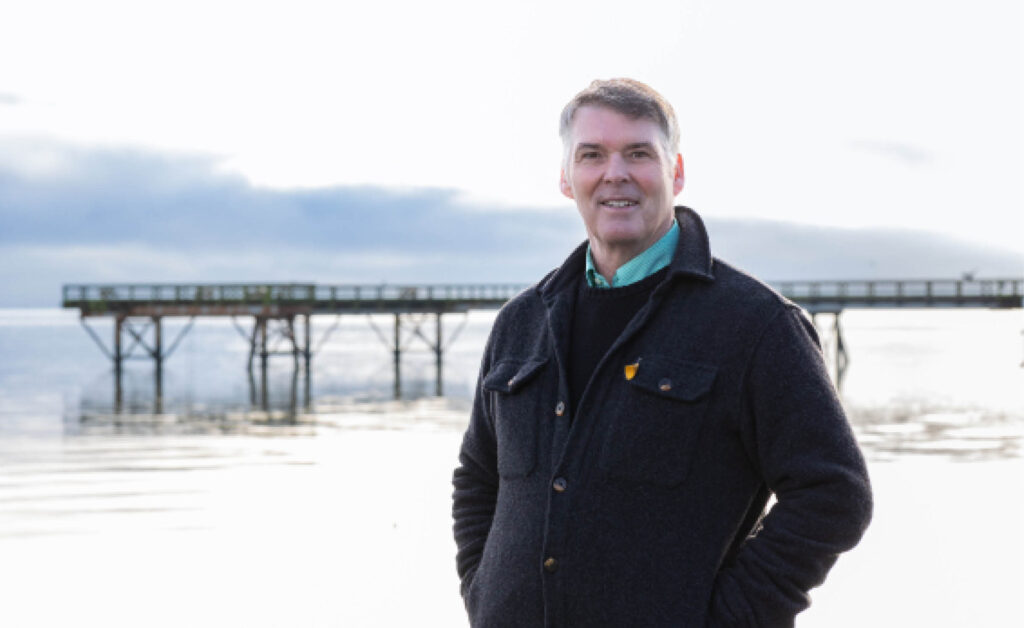by Sherrin Griffin VP, Operations, Sidney SeniorCare –
“Longevity” has become a bit of a buzzword these days as people strive to stop their biological clock, or even reset it.
While we have always pursued the fountain of youth, new scientific discoveries, advanced testing and more accessible technology have made it possible to perform detailed genetic testing; scan for early detection of cancer, heart disease and other maladies; and even determine one’s biological age vs. their chronological age.
Probably one of the biggest misconceptions surrounding our longevity is that our genes, and our genes alone, determine our health outcomes, disease probability and estimated lifespan. Epigenetics, the study of how your behaviours and environment can affect the expression of your genes, has proven this original disease model to be lacking, and that there are other epigenetic mechanisms such as diet and exercise that can repair DNA damage, increase longevity and reduce the risk of disease.
The Nobel prize-awarded discovery of telomeres – the protective caps on the ends of our chromosomes subject to age-related shortening brought on by oxidative stress and inflammation – further substantiated that better lifestyle choices can preserve and even lengthen the telomere caps, thus extending cells’ lifespan and delaying age-related illness.
In addition, the extensive research into the role of mitochondria, the tiny energy powerhouses of all our cells, has also revealed how their health contributes to cell survival and aging.
With these research discoveries and the science of longevity becoming more mainstream and accessible, the general public is becoming more educated and aware than ever before, with those who can afford it jetting off to luxury longevity clinics and treatment centres all over the world in their quest to beat the biological timeclock, reverse the aging process and extend their lifespan.
Research does show that some of these treatments can slow down the process of cellular aging, increase cognitive function and even delay the onset of chronic diseases, which is why by 2028, the global longevity market is expected to reach close to $183 billion, according to a market report by the American-based Grand View Research.
But with many of these exclusive longevity clinics priced out of reach for most of us, with some costing tens of thousands of dollars per week, what can the rest of us do to improve our longevity prospects?
For those who can’t afford pricey clinics and exotic treatment centres, there are science-based hacks they can try at home such as focusing on a whole foods, plant-based diet; time-restricted eating/fasting-mimicking diet; cold plunges in local lakes or the ocean; red light therapy (affordable devices can be purchased for use at home); anti-aging supplements, etc.
But, honestly folks, health and longevity are the long game, not a quick fix. I think checking out Dan Buettner’s Blue Zones, the five regions in the world with the most centenarians and their lifestyle principles outlined in books and documentaries, is a great place to start. It almost seems ridiculously simple and unsophisticated in the face of modern science that going back to the basics of a whole foods, unprocessed diet, regular movement, community connections, sunshine and restorative sleep can be the magic formula for good health, disease prevention and longevity, but sometimes in our quest for answers, us humans can overcomplicate things.
Science definitely has its place, but then so does the wisdom of our elders, in our own and other cultures, if we only take the time to listen and learn from them.




